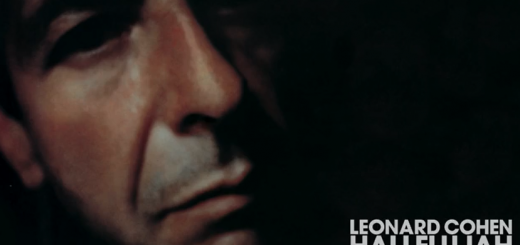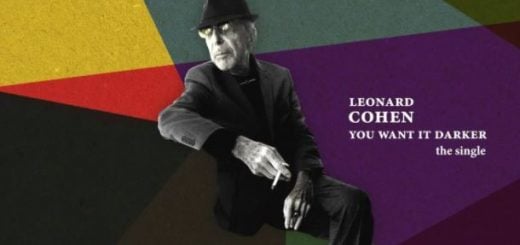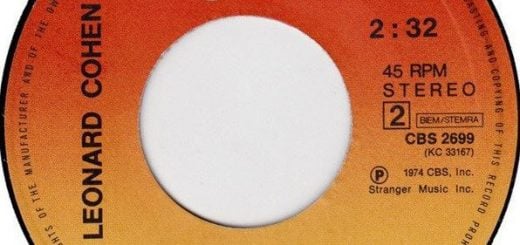First We Take Manhattan by Leonard Cohen Lyrics Meaning – Unraveling the Anthem of Resistance
Lyrics
For trying to change the system from within
I’m coming now, I’m coming to reward them
First we take Manhattan, then we take Berlin
I’m guided by a signal in the heavens (guided, guided)
I’m guided by this birthmark on my skin (guided, guided by)
I’m guided by the beauty of our weapons (guided)
First we take Manhattan, then we take Berlin
(I’d really like to live beside you, baby)
(I love your body and your spirit and your clothes)
(But you see that line there moving through the station?)
(I told you, I told you, told you, I was one of those)
Ah, you loved me as a loser
But now you’re worried that I just might win
You know the way to stop me, but you don’t have the discipline
How many nights I prayed for this, to let my work begin
First we take Manhattan, then we take Berlin
I don’t like your fashion business, mister
And I don’t like these drugs that keep you thin
I don’t like what happened to my sister
First we take Manhattan, then we take Berlin
(I’d really like to live beside you, baby)
(I love your body and your spirit and your clothes)
(But you see that line there moving through the station?)
(I told you, I told you, told you, I was one of those)
And I thank you for those items that you sent me, ha ha ha
The monkey and the plywood violin
I practiced every night, now I’m ready
First we take Manhattan, then we take Berlin (I am guided)
Ah remember me, I used to live for music (baby)
Remember me, I brought your groceries in (ooh, baby, yeah)
Well, it’s Father’s Day and everybody’s wounded (baby)
First we take Manhattan, then we take Berlin
Leonard Cohen’s ‘First We Take Manhattan’ is a song that vibrates with cryptic lyricism and a haunting melody that strikes a chord deep within the listener’s psyche. Conceived amid the cold war’s fading whispers, the track is often hailed as an enigmatic ode to rebellion, soaked in the apocalyptic undercurrents of its time.
Cohen, a master of poetic verse, cloaks a narrative of vengeance and transformation behind the deceptive simplicity of the refrain. Let’s dive into the depths of ‘First We Take Manhattan,’ unraveling the layered nuances that make it one of the most captivating anthems by the legendary Canadian singer-songwriter.
Crossing the Threshold: Transition from Boredom to Defiance
The opening lines of the song speak volumes about the desire to break free from the monotony of life. When Cohen sings about the ‘twenty years of boredom,’ he isn’t simply referring to a dull existence but critiquing a system that stifles change. The boredom represents a societal sentence, a punishment for those who dare envision transformation.
His promise to ‘reward’ them is dripping with irony, suggesting that the very systems that suppress dissent will soon meet their reckoning. Thus begins our journey beyond the mere surface of Cohen’s poetic universe, where each verse is tinted with revolution.
Decoding the Guiding Signals: A Celestial Blueprint for Rebellion
Cohen’s mention of celestial guidance and birthmarks on his skin serves as metaphors for the innate human desire to seek direction and purpose within and beyond ourselves. The song speaks to those guided by something greater than their immediate surroundings – a cause, a belief, a movement.
The beauty of our weapons isn’t an exaltation of violence but an allegory of strength and artistry in the tools we choose to bring about change. These lines anchor the song in a spiritual struggle for a higher objective, embedding a sense of destiny in the march toward ‘Manhattan’ and ‘Berlin’.
A Tale of Transformation: From Loser to Leader
The evolution of the narrator from ‘loser’ to a figure of potential victory is a pivotal moment in the song’s narrative. This transition challenges the listener’s perception of success, making us wonder how the inevitability of change terrifies those invested in maintaining the status quo.
The prayerful preparation, ‘How many nights I prayed for this, to let my work begin’ unveils the narrator’s devotion to his cause and the latent fear it instills in those who have loved him as he was – a harmless contender, who’s now on the cusp of upsetting the established order.
Sardonic Mockery of Consumerism and Subjugation
Cohen deftly intertwines personal narrative with social criticism. By renouncing the ‘fashion business’ and ‘drugs that keep you thin,’ the song underscores the artist’s disdain for an industry built on vanity and the objectification that consumes his ‘sister’—a possible metaphor for womankind or a literal familial bond.
His rebuke is also a broader commentary on the artificiality of modern life and the erosion of genuine connections. Cohen is not seduced by superficial glamour; instead, he wields his song as a lamp, illuminating the darker corners of society’s façade.
Reasserting Human Connection in a Desensitized World
Amidst the song’s narrative of change, there are intimate moments, like the recollection of a simpler time when the narrator ‘brought your groceries in,’ juxtaposed with the bleakness of ‘Father’s Day and everybody’s wounded.’ Cohen refuses to let go of the personal in the political.
The monkey and the plywood violin, sent to him, signify the trivialities we often mistake for substance. His readiness, honed over nights of unseen efforts, evokes both a literal and metaphorical tune-up for an impending confrontation—a counterpoint to a world quick to shed its humanity for shadows of connection.








